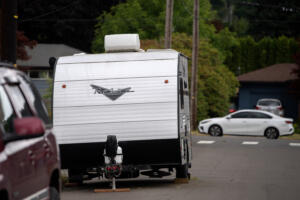Some Camas citizens may soon have more options when it comes to paying their utility bills.
During the past two years, city staff has been working to create options for customers who struggle to pay for water and sewer services at the regular rates.
Proposals discussed during a City Council workshop earlier this month include establishing an emergency utility assistance fund and implementing a budget billing method.
According to Finance Director Cathy Huber Nickerson, low income assistance would be provided through the Inter-Faith Treasure House to those who qualify.
The Treasure House is a social service agency that administers several outreach programs for low-income individuals, families and senior citizens in Camas and Washougal.




